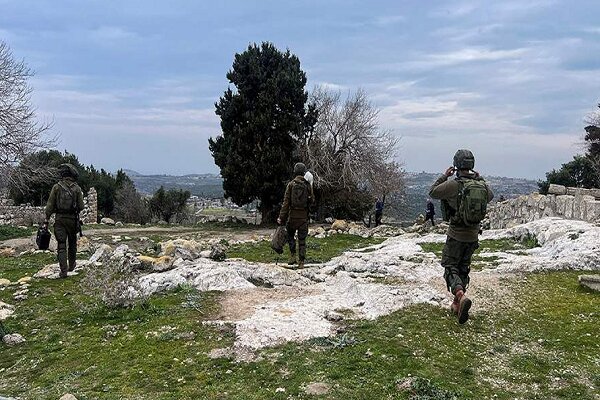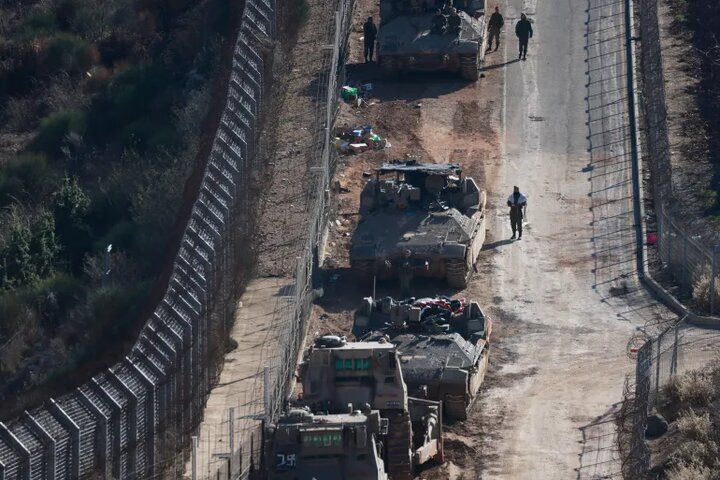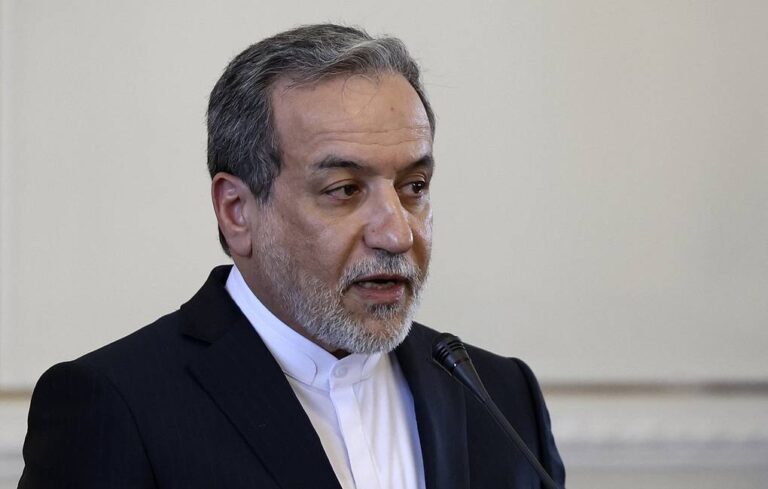Israeli Army Plans Strategic Withdrawal from Gaza’s Key Netzarim Corridor
The ongoing situation in Gaza has reached a significant turning point as reports indicate that the Israeli army is preparing for a complete withdrawal from the Netzarim Corridor. This move is part of a broader ceasefire agreement that aims to bring an end to the recent hostilities in the region. The implications of this military pullback are profound, and it highlights the urgent need for peace in the area.
According to an Israeli newspaper, the army “is set to complete its withdrawal from its last positions along the Netzarim Corridor overnight into Sunday, marking the full military pullback from northern Gaza,” as reported by Anadolu Agency. However, it is important to note that there has been no official comment from the Israeli army regarding this development.
Under the terms of the ceasefire agreement, which is currently on its 22nd day of implementation, the Israeli army is required to withdraw from central Gaza’s Netzarim Corridor to a location closer to the border of the Gaza Strip. This withdrawal is part of the efforts to stabilize the situation in the region and ensure the safety of civilians.
The ceasefire agreement, which took effect on January 19, has been a crucial step in halting Israel’s military actions, which have resulted in the tragic loss of nearly 47,600 Palestinian lives, the majority of whom are women and children. The destruction in Gaza has left the enclave in ruins, raising international concern and calls for accountability.
In light of the ongoing conflict, the International Criminal Court (ICC) issued arrest warrants in November for Israeli Prime Minister Benjamin Netanyahu and his former war minister Yoav Gallant. These warrants were issued on grounds of war crimes and crimes against humanity committed during the military operations in Gaza.
Additionally, Israel is facing a genocide case at the International Court of Justice (ICJ) for its actions in the enclave. The mounting legal challenges highlight the gravity of the situation and the international community’s growing scrutiny of Israel’s military operations.
- Ceasefire Agreement: The ceasefire took effect on January 19, marking a halt to military actions in Gaza.
- Withdrawal from Netzarim Corridor: The Israeli army is set to complete its withdrawal from its last positions as part of the ceasefire terms.
- Humanitarian Impact: The conflict has resulted in the deaths of nearly 47,600 Palestinians, with a significant number being women and children.
- International Legal Actions: Arrest warrants have been issued for Israeli officials by the ICC, and a genocide case has been filed at the ICJ.
The situation in Gaza remains complex and fluid, with ongoing calls for a comprehensive and lasting peace agreement that addresses the needs and rights of all parties involved. The international community continues to watch closely as developments unfold, hoping for a resolution that can lead to stability and justice in the region.
As the ceasefire holds, the focus shifts to humanitarian efforts to rebuild the devastated areas of Gaza and provide assistance to those affected by the conflict. The international community is urged to support these efforts and to hold accountable those responsible for violations of human rights and international law.
In conclusion, the developments regarding the Israeli army’s withdrawal from the Netzarim Corridor symbolize a critical moment in the ongoing conflict. The ceasefire agreement offers a glimmer of hope for peace, but the path ahead is fraught with challenges that require concerted efforts from all stakeholders to ensure that such tragedies are not repeated in the future.






